High blood pressure, also known as hypertension, is a prevalent health concern that can lead to serious complications if left unchecked. Fortunately, there are various lifestyle changes and strategies you can adopt to naturally lower your blood pressure and improve your overall well-being. In this article, we’ll explore effective methods to help you take control of your blood pressure levels.
1. Embrace a Heart-Healthy Diet:
Your dietary choices play a significant role in managing your blood pressure. Making informed decisions about what you eat can have a profound impact on your cardiovascular health:
- Reduce Sodium Intake: Excessive salt consumption can lead to elevated blood pressure levels. Processed foods and restaurant dishes often contain high amounts of sodium. To lower your intake, focus on fresh, whole foods prepared at home. Aim for less than 2,300 milligrams of sodium per day, and consider using herbs and spices to flavor your meals.
- Increase Potassium-Rich Foods: Potassium is a mineral that helps balance sodium levels in the body. A potassium-rich diet can counteract the negative effects of sodium on blood pressure. Foods such as bananas, spinach, sweet potatoes, and oranges are excellent sources of potassium.
- Adopt the DASH Diet: The Dietary Approaches to Stop Hypertension (DASH) diet is specifically designed to lower blood pressure. It emphasizes fruits, vegetables, lean proteins, whole grains, and low-fat dairy products. Following the DASH diet can lead to significant reductions in blood pressure over time.
2. Maintain a Healthy Weight:
Carrying excess weight strains your heart and contributes to high blood pressure. Losing even a small amount of weight can have a positive impact on your blood pressure levels. Focus on a balanced diet that is rich in fruits, vegetables, whole grains, and lean proteins. Combine this with regular physical activity to achieve and maintain a healthy weight.
3. Stay Active:
Regular physical activity is a powerful tool in managing blood pressure. Engaging in regular exercise helps improve blood vessel function, strengthen the heart, and reduce stress. Aim for at least 150 minutes of moderate aerobic activity or 75 minutes of vigorous activity per week. Activities such as brisk walking, swimming, cycling, and dancing can contribute to lowering your blood pressure over time.
4. Manage Stress:
Chronic stress is a contributing factor to elevated blood pressure. Finding effective ways to manage stress can have a positive impact on your cardiovascular health. Incorporate stress-reduction techniques into your daily routine, such as deep breathing exercises, meditation, yoga, or engaging in hobbies you enjoy. Taking breaks, spending time in nature, and connecting with loved ones can also help alleviate stress.
5. Limit Alcohol and Quit Smoking:
Excessive alcohol consumption can raise blood pressure levels. If you choose to drink alcohol, do so in moderation. For men, this means up to two drinks per day, and for women, one drink per day. Additionally, smoking damages blood vessels and contributes to hypertension. If you smoke, seek support to quit. Quitting smoking not only benefits your blood pressure but also improves your overall health.
6. Prioritize Sleep:
Inadequate sleep can negatively impact your blood pressure and overall health. Aim for 7-9 hours of quality sleep each night. Establish a consistent sleep schedule by going to bed and waking up at the same times every day. Create a relaxing bedtime routine, avoid screens before bedtime, and create a comfortable sleep environment to promote restful sleep.
7. Monitor Your Blood Pressure:
Regularly monitoring your blood pressure at home can provide valuable insights into your cardiovascular health. Invest in a reliable home blood pressure monitor and learn how to use it correctly. Keeping track of your blood pressure readings allows you to observe patterns and make necessary adjustments to your lifestyle.
8. Limit Caffeine Intake:
The relationship between caffeine and blood pressure is complex and can vary from person to person. While moderate caffeine consumption may not have a significant impact on blood pressure, excessive intake can lead to temporary spikes. Monitor how caffeine affects your blood pressure and consider reducing your consumption if needed.
9. Stay Hydrated:
Proper hydration is essential for cardiovascular health. Drinking plenty of water throughout the day helps maintain blood volume and supports optimal blood pressure levels. Limit sugary beverages and opt for water as your primary source of hydration.
10. Consult a Healthcare Professional:
If you have concerns about your blood pressure or are making significant lifestyle changes, it’s essential to consult a healthcare provider. They can offer personalized guidance, recommend appropriate lifestyle adjustments, and, if necessary, prescribe medication to help manage your blood pressure.
Conclusion:
Lowering your blood pressure naturally requires commitment, patience, and a holistic approach to well-being. By adopting a heart-healthy diet, staying physically active, managing stress, and making positive lifestyle changes, you can take control of your blood pressure and enhance your overall quality of life. Remember that small, consistent steps can lead to significant improvements in your cardiovascular health. Prioritize your health today for a healthier tomorrow.
Related



























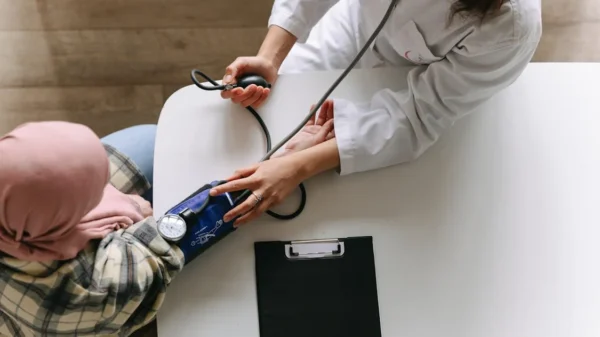


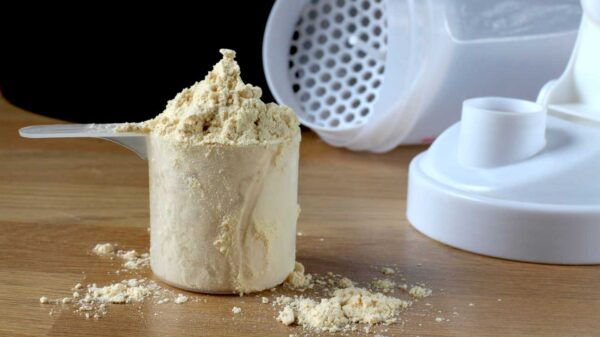





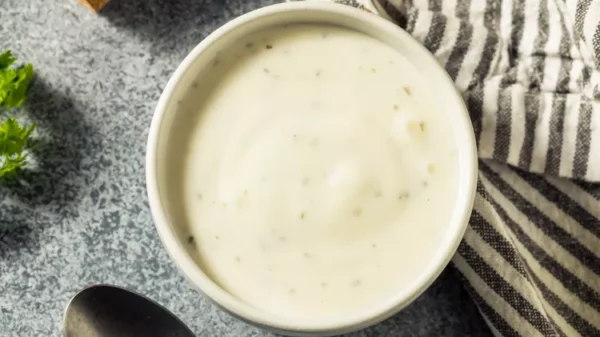

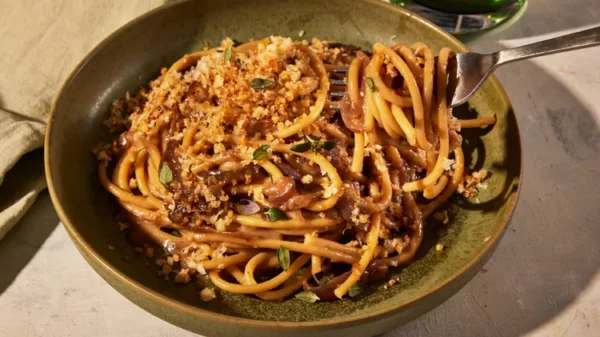











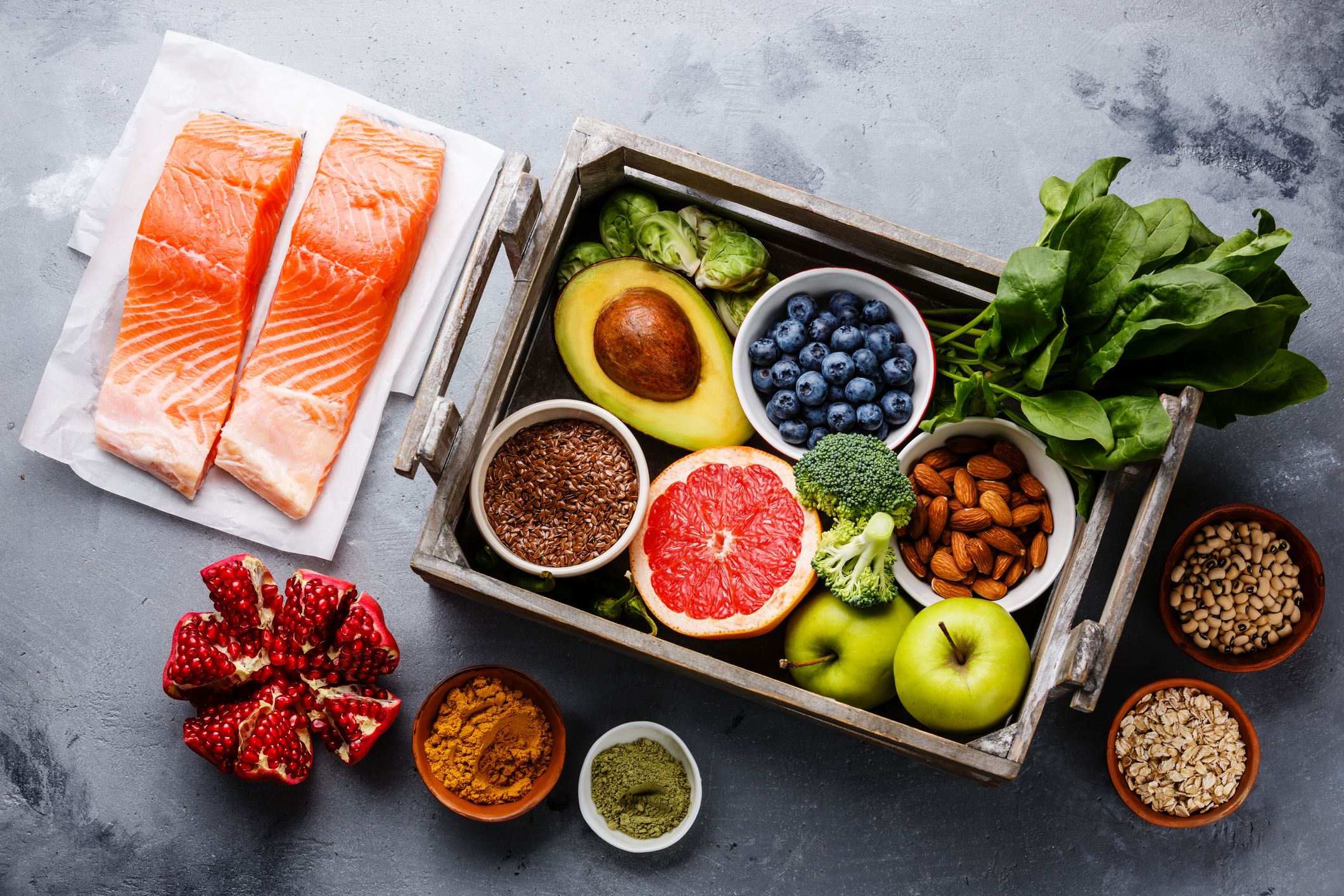




You must be logged in to post a comment Login